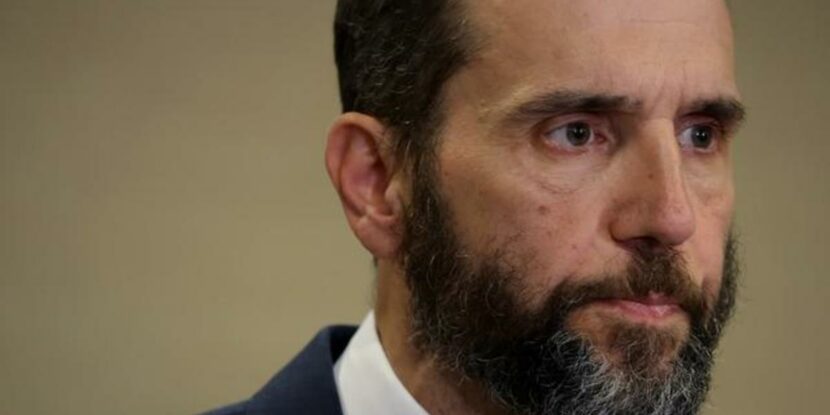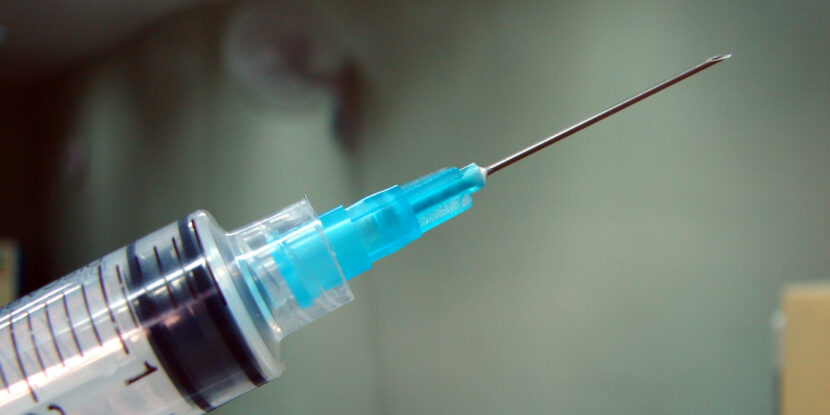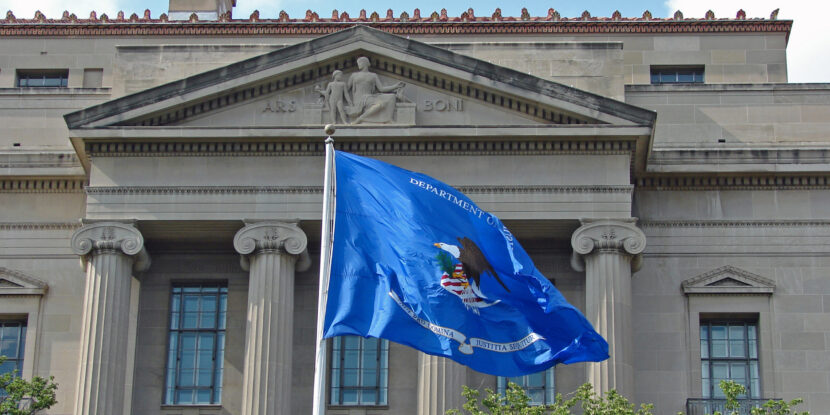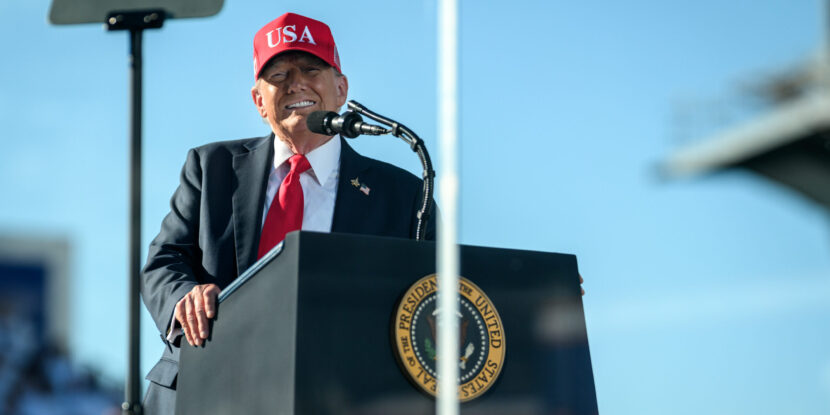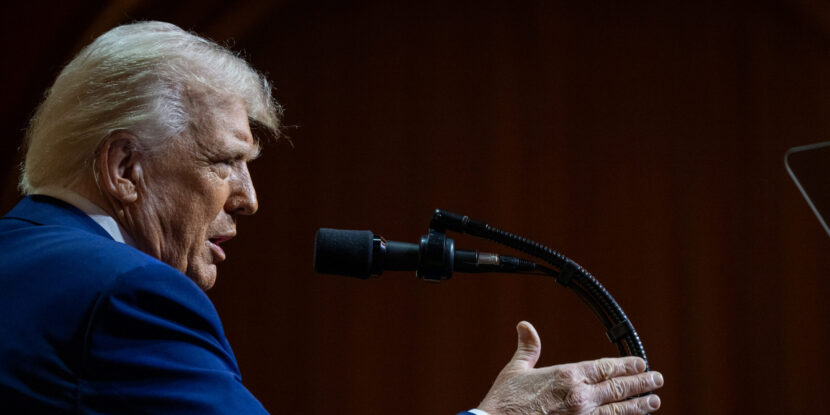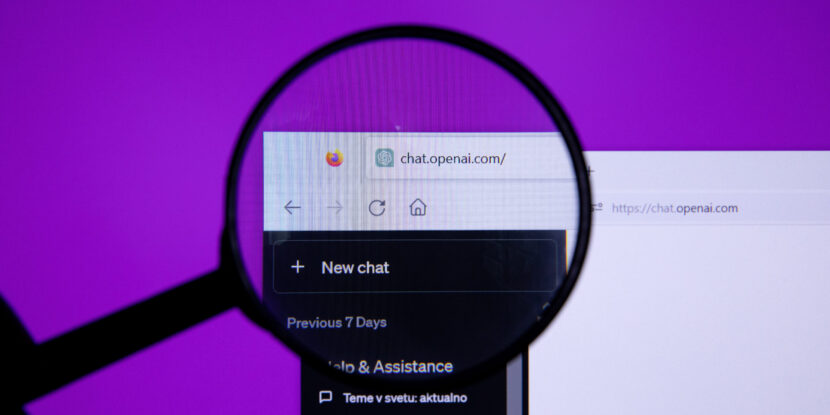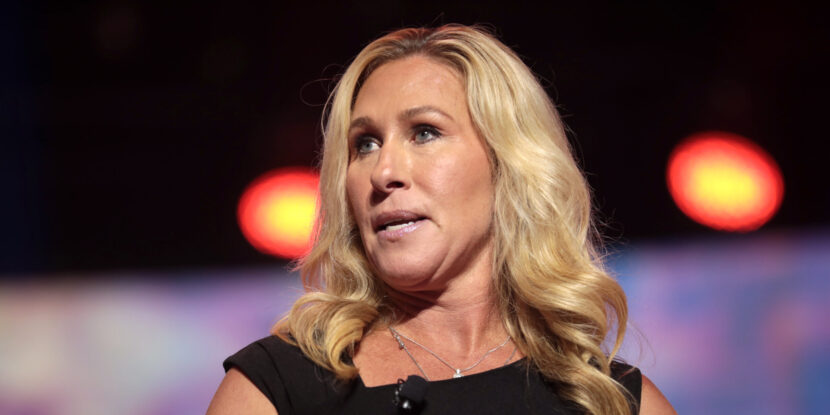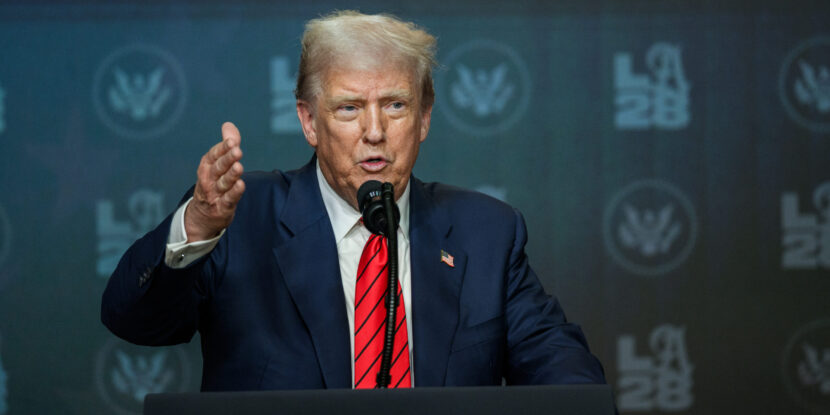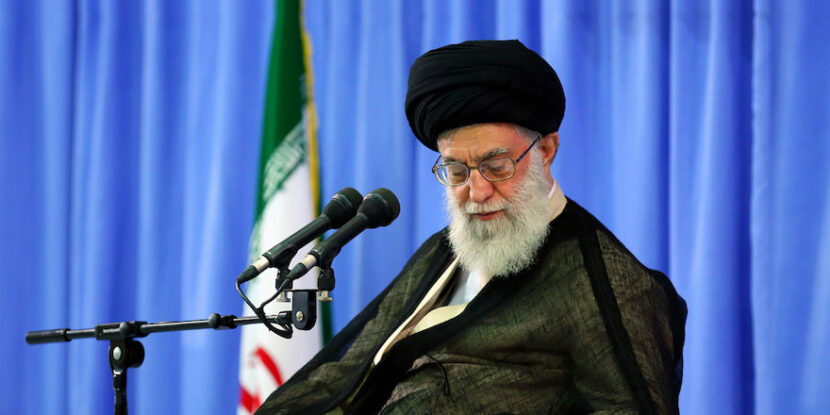Department of Justice (DOJ) special prosecutor Jack Smith is asking the U.S. Supreme Court to step-in and immediately resolve the question of presidential immunity raised by former President Donald Trump. Lawyers for Trump have asserted the Constitution affords the former President absolute immunity from prosecution which would render the DOJ’s January 6 case in Washington, D.C. null.
U.S. District Court Judge Tanya Chutkan – presiding over Smith’s January 6 prosecution – denied Trump’s presidential immunity argument at the beginning of December. Four days ago, the former President’s lawyers appealed Chutkan’s ruling to the D.C. Circuit Court of Appeals, with an additional filing asking the appellate court order all further proceedings in the case paused until the immunity question was resolved.
The crux of Trump’s argument revolves around the absolute immunity from lawsuits to a sitting president granted by Nixon v. Fitzgerald. Whether a sitting or former President is immune from arrest or criminal prosecution for actions taken in office has not been, until now, legally tested. Trump’s lawyers argue his alleged statements regarding the 2020 federal election “unquestionably” fall under the scope of official duties – making them arguably immune from subsequent legal action.
In his Supreme Court filing, Smith counters Trump’s immunity claim, arguing: “The Constitution’s text, structure, and history lend no support to that novel claim. This Court has accorded civil immunity for a President’s actions… and the Executive Branch has long held the view that a sitting President cannot be indicted… But those principles cannot be extended to provide the absolute shield from criminal liability…”. He concludes: “Neither the separation of powers nor respondent’s acquittal in impeachment proceedings lifts him above the reach of federal criminal law.”
Smith’s filing does acknowledge Trump’s request to pause the trial proceedings, while the immunity question is resolved through appeals, is the correct procedure. However, due of the imminent presidential election, Smith argues he is justified in asking the Justices step in and resolve the question ahead of the appellate court – allowing the Washington, D.C.-based trial to move forward on May 4, 2024 as scheduled.
